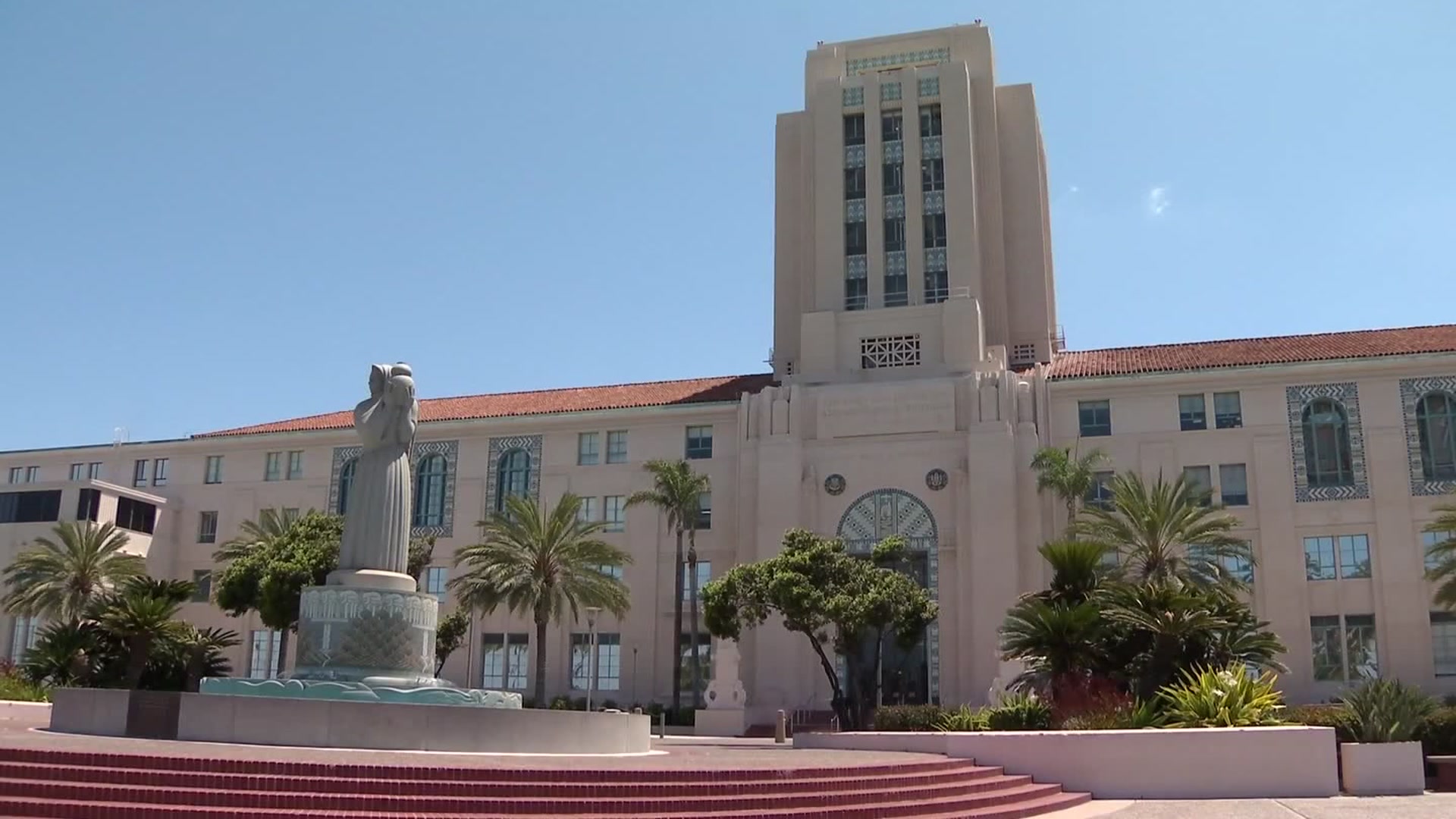The Trump administration prevailed in a federal lawsuit brought by the state of California and advocacy groups that was aimed at halting the construction of a U.S.-Mexico border wall south of San Diego.
The lawsuit argued that the administration overreached by waiving laws requiring environmental and other reviews before construction can begin.
U.S. District Judge Gonzalo Curiel, who was taunted by then-candidate Trump during the presidential campaign, ruled Tuesday in favor of the Trump administration and dismissed the challenges.
"Big legal win today," Trump tweeted in response to the ruling. He didn't mention his prior remarks about Judge Curiel's Mexican heritage.
In the 100-page ruling, the court did not find that the Department of Homeland Security acted beyond its authority in approving the construction of border wall prototypes along the border between Tijuana and San Diego.
At issue is a 2005 law that gave the Homeland Security secretary broad powers to waive dozens of laws requiring environmental and other reviews, including the National Environmental Policy Act, Clean Air Act and Endangered Species Act. The argument at the time was that reviews were time-consuming and subject to prolonged legal challenges.
Curiel said there were times when arguments for both sides were reasonable. He added that the language in the law is vague and “not a model of legislative precision.”
Read Curiel's ruling here.
Despite the victory, Congress has yet to fund the wall and Trump's demands that Mexico pay have gone nowhere. This month, the Senate rejected a request for $18 billion that was part of a package including sharp cuts to legal immigration and permission for young immigrants to stay in the country after they were temporarily shielded from deportation under an Obama-era program, Deferred Action for Childhood Arrivals.
The decision came days after construction began on replacing a decaying decades-old barrier in the city of Calexico, California. In November, SWF Constructors of Omaha, Nebraska, won a contract for $18 million to replace a little more than 2 miles of the border wall with a 30-foot (9.1-meter) high barrier. The administration waived environmental reviews in September.
Local
On Wednesday, Trump tweeted that "sections of the wall that California wants built now will not be built until the whole wall is approved." It was not immediately clear if the president was referring to the border wall in Calexico.
The Center for Biological Diversity was first to sue over the wall, with three other groups — Sierra Club, Defenders of Wildlife and the Animal Legal Defense Fund — later filing another lawsuit.
California Attorney General Xavier Becerra, a Democrat, was close behind, and Curiel consolidated all three cases into one.
After Tuesday's ruling, Becerra said the Trump administration "is ignoring laws it doesn’t like in order to resuscitate a campaign talking point." He said that those opposed to the wall are "prepared to do what is necessary to protect our people, our values, and our economy from federal overreach."
"A medieval wall along the U.S.-Mexico border simply does not belong in the 21st century," Becerra said.
Trump has insisted on $25 billion for border security measures as part of an immigration deal that would include a path to citizenship for 1.8 million people. A proposal by Customs and Border Protection calls for spending $18 billion over 10 years to extend barriers to nearly half the 2,054-mile border.
Curiel, who was born in Indiana, was an early target of candidate Trump. The judge had presided over the settlement between Trump University and several plaintiffs who claimed they were misled by failed promises to teach success in real estate.
Trump repeatedly called Curiel out in the press, insinuating that the U.S.-born judge's Mexican heritage exposed a bias.



